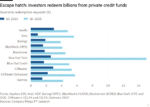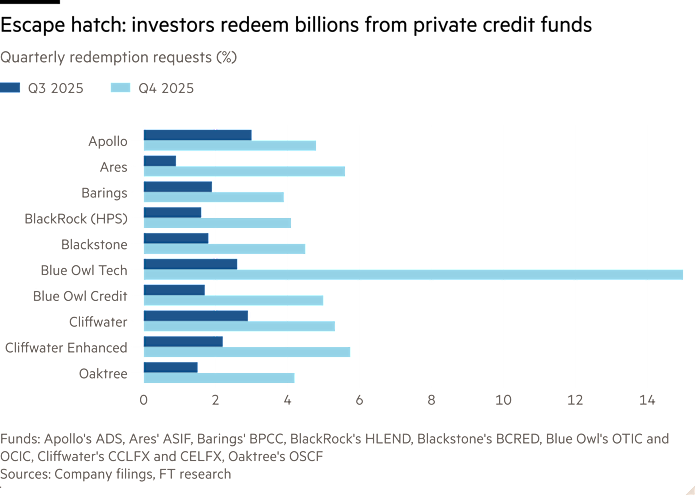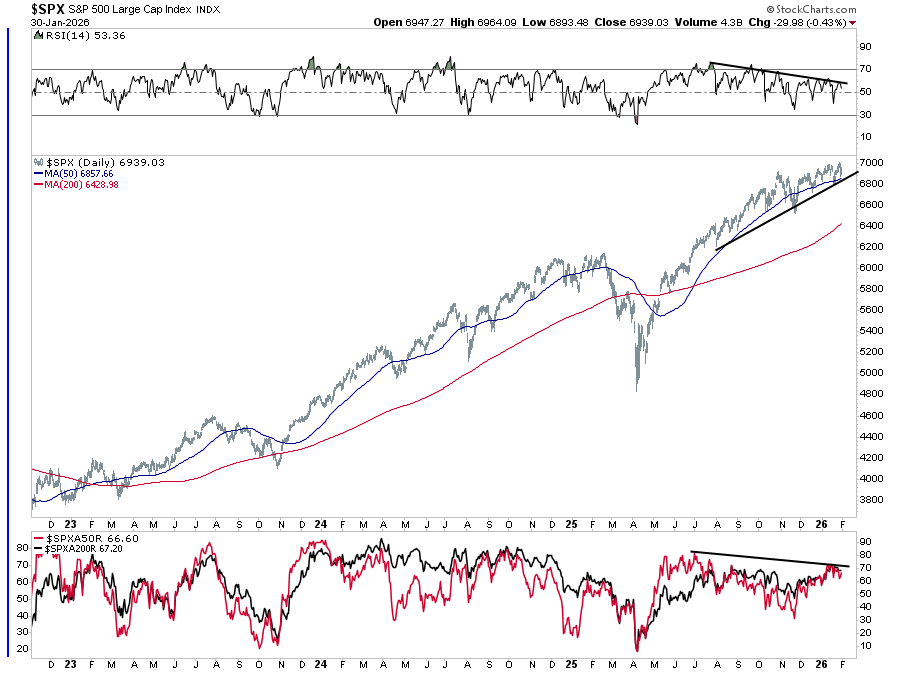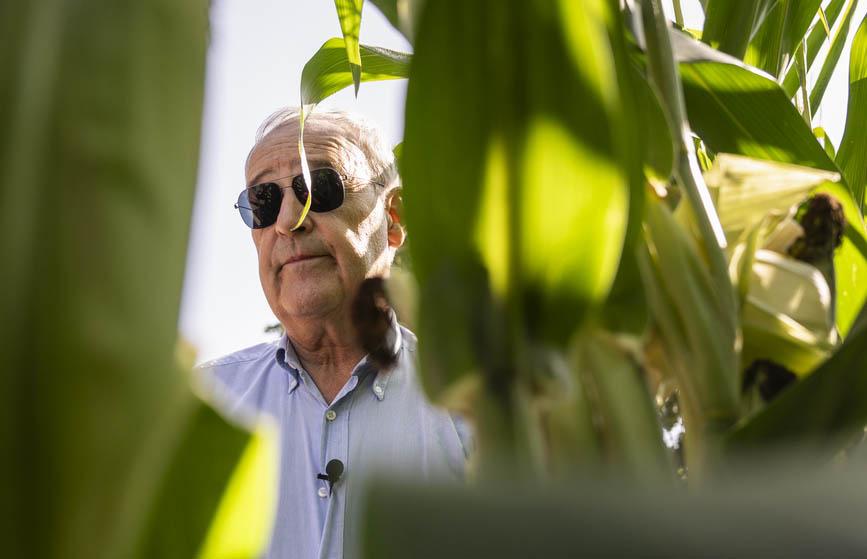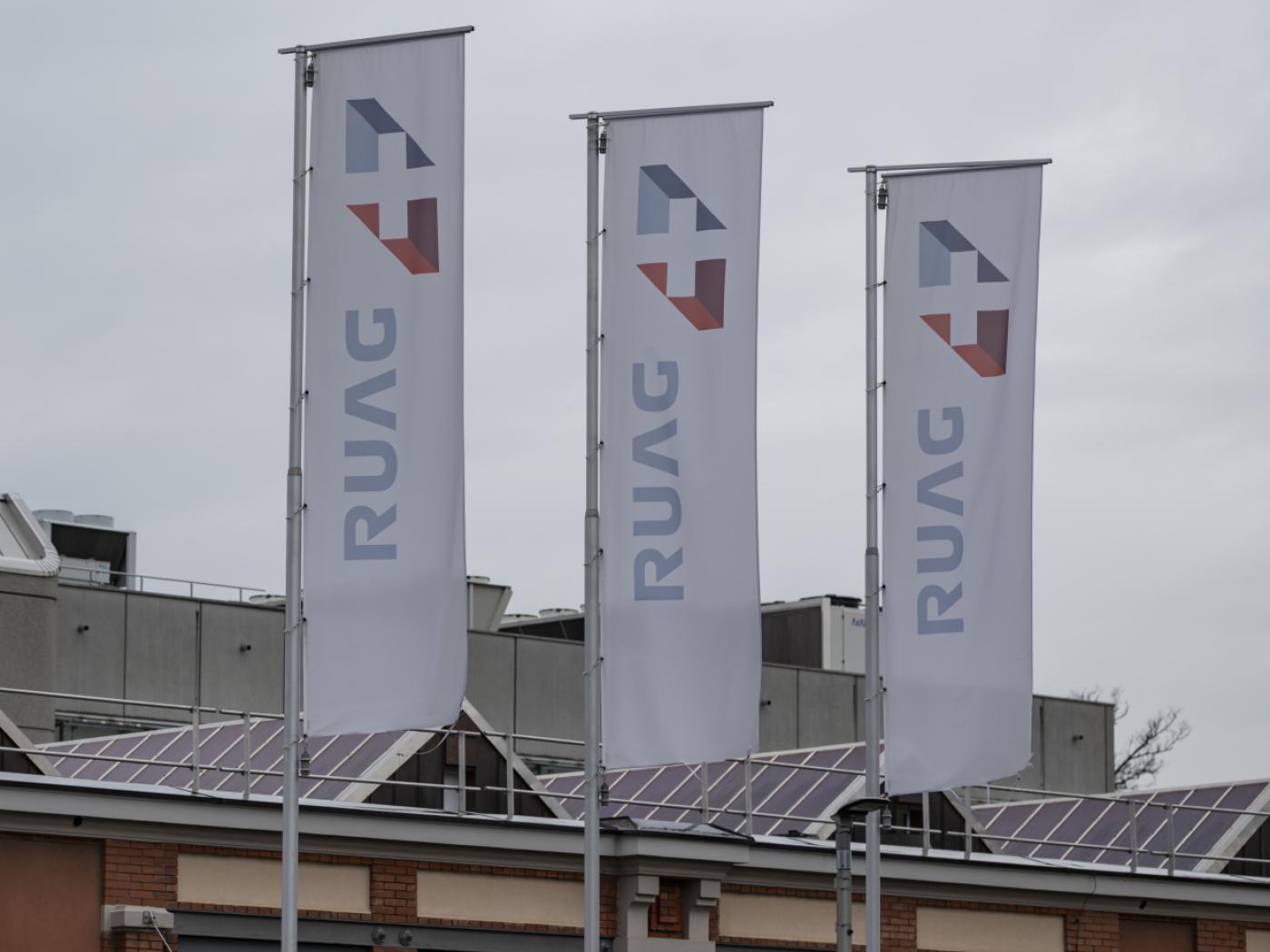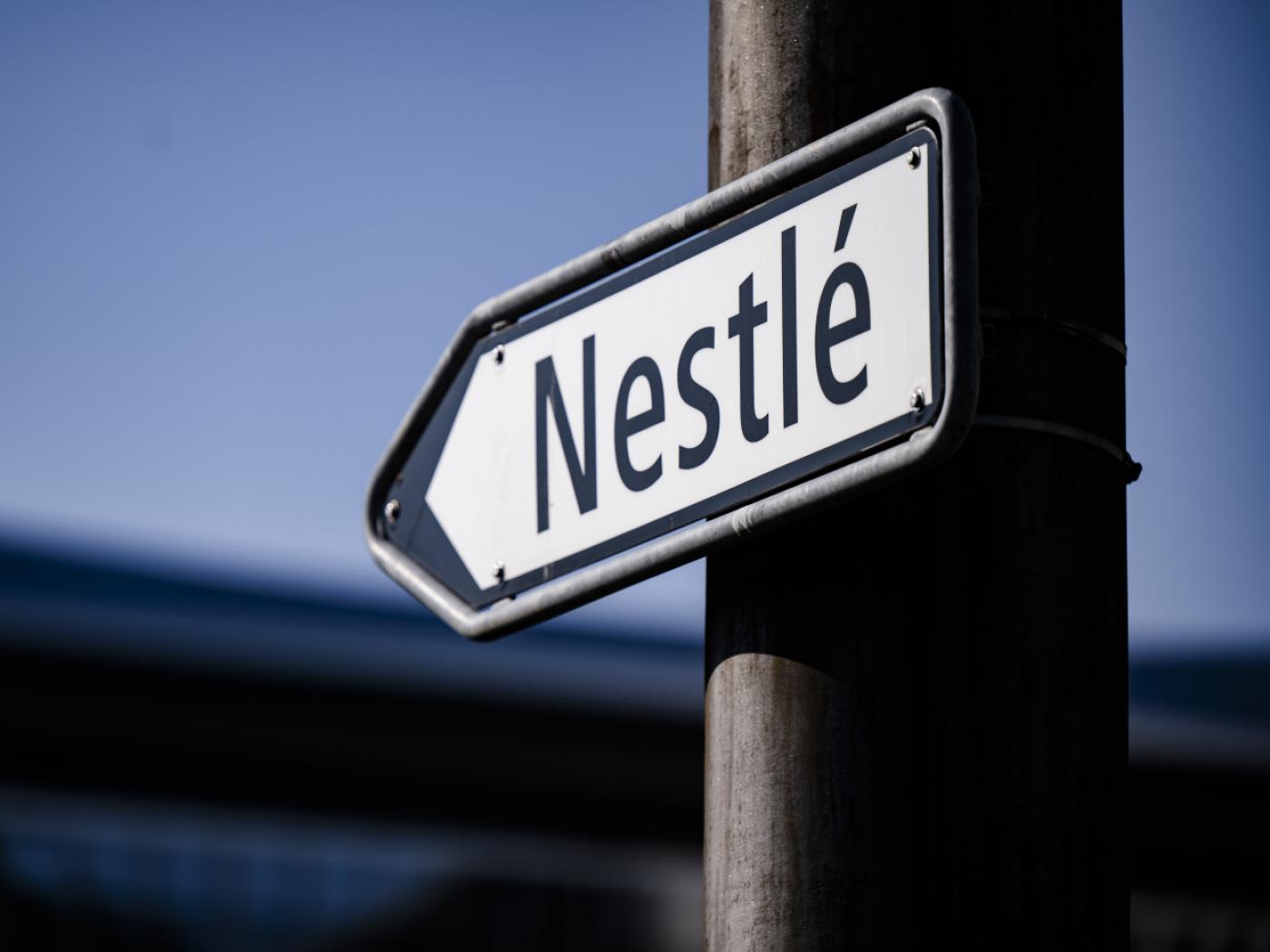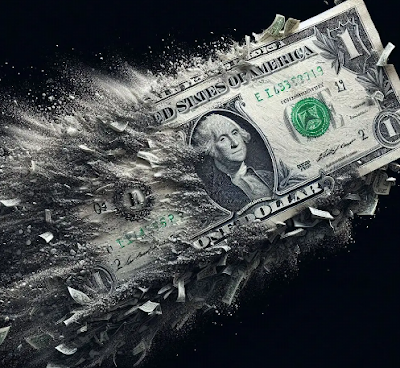
Forbidden fruit: the paper straws are OK, but the plastic cup is banned in much of Europe Westend61 / Maria Elena Pueyo Ruiz
Single-use plastic items like straws and cups are no longer allowed in the 27 European Union countries. This isn’t the case in non-member Switzerland, where retailers and restaurants are taking their own approach.
The EU ban on certain plastic products took effect on July 3 and covers a range of everyday items from food packaging to wet wipes. Some will be banned altogether; others must be labelled to inform consumers about proper disposal and the impact of littering.
“Single-use plastic products are more likely to end up in our seas than re-usable options,” reads an EU statement on its environmental policy. “Where sustainable alternatives are easily available and affordable, single-use plastic products cannot be placed on the markets of EU member states.”
The list of banned items includes plastic cotton bud sticks, cutlery, plates, straws, stirrers, and sticks for balloons – as well as cups and food and beverage containers made of expanded polystyrene and all products made of oxo-degradable plastic.
The policies don’t apply in landlocked Switzerland, which is surrounded by EU countries like France, Germany and Italy. Those three countries all have coastlines, and the EU policy statement notes that the ten most commonly found single-use plastic items account for 70% of all litter found on Europe’s beaches.
“Currently, Switzerland does not have similar plans to ban or to mark certain single-use plastic products,” Amanda Finger, expert on municipal waste at the Federal Office for the Environment (FOEN), told SWI swissinfo.ch.
She does note that Switzerland plans to ban oxo-degradable plastics from next year. While such plastics are often marked “biodegradable”, experts say they break down into microplastics that get into the soil and water.
This is also a problem in Swiss water bodies. For example, microplastic pollution in Lake Geneva is on a par with the Mediterranean. In 2020 the city of Geneva banned sales of single-use plastic on public land, for example at kiosks, food trucks, ice cream shops and events held on public property.
“The FOEN is drafting a report on possible measures to reduce the pollution entering the environment through plastics,” says Finger. She adds that following a motion called “Less plastic waste in waters and soil”, the Swiss parliament is calling on government and relevant industries to “examine and take measures to comprehensively and effectively combat environmental pollution caused by plastics, including the main sources of emissions”. However, the motion does not call for a ban.
Retail and restaurants
The Swiss retail industry has made some voluntary changes. In 2020 supermarket chain Migros stopped stocking single-use plastic items like cups, plates and cutlery, replacing them with alternatives made of materials such as paper, palm leaves and bioplastics. Migros rival Coop, the country’s other major supermarket chain, still sells disposable plasticware alongside more sustainable versions.
Also in 2020 Coop stopped integrating single-use plastic cutlery within its convenience products like prepared salads and muesli, and it no longer provides free single-use plastic cutlery for customers purchasing takeaway food. Instead, it provides cutlery made of wood or stainless steel and, like Migros, encourages customers to purchase or borrow re-usable food containers.
“As part of our sustainability strategy, this commitment enables us to save around 200 tons of plastic per year,” Coop spokeswoman Melanie Grüter told SWI swissinfo.ch.
Swiss restaurant and hotel association GastroSuisse says it supports a strategy to “avoid, reduce, re-use, and/or recycle” waste.
“The measures taken by the Swiss economy, which are based on voluntary action, have proven their worth. A ban on plastic products for which alternative products exist is not a problem for the hospitality industry as long as they are affordable and available in sufficient alternatives,” GastroSuisse spokeswoman Daniela Kimmich told SWI swissinfo.ch.
In 2017 Swiss retailers began charging CHF0.05 ($0.05) for plastic shopping bags, resulting in an 84% drop in demand at check-out counters between 2016 (417,781,000 bags) and 2017 (66,112,000 bags).
Littering continues
Rahel Schaub, president of the Swiss-based anti-littering group Trash Hero World, thinks a similar ban on single-use plastics in Switzerland would be a first step in the right direction. Her group initiates clean-up efforts across the country, and she says single-use plastic accounts for a large portion of what they find.
“To solve the problem, we need everyone to help – including the companies that produce plastic or package their products with it. To provide the incentive to omit packaging, redesign it or replace it with alternatives, we believe that appropriate laws must be enacted, since promises in this direction have not been fulfilled so far, or lie far too far in the future,” Schaub told SWI swissinfo.ch.
However, some people are wary of a total ban. A SWI swissinfo.ch reader pointed out on Facebook that people with certain disabilities are unable to drink without a flexible straw, and that many of the alternatives to plastic are uncomfortable or even unsafe for them.
Full story here Are you the author? Previous post See more for Next postTags: Business,Featured,newsletter


















